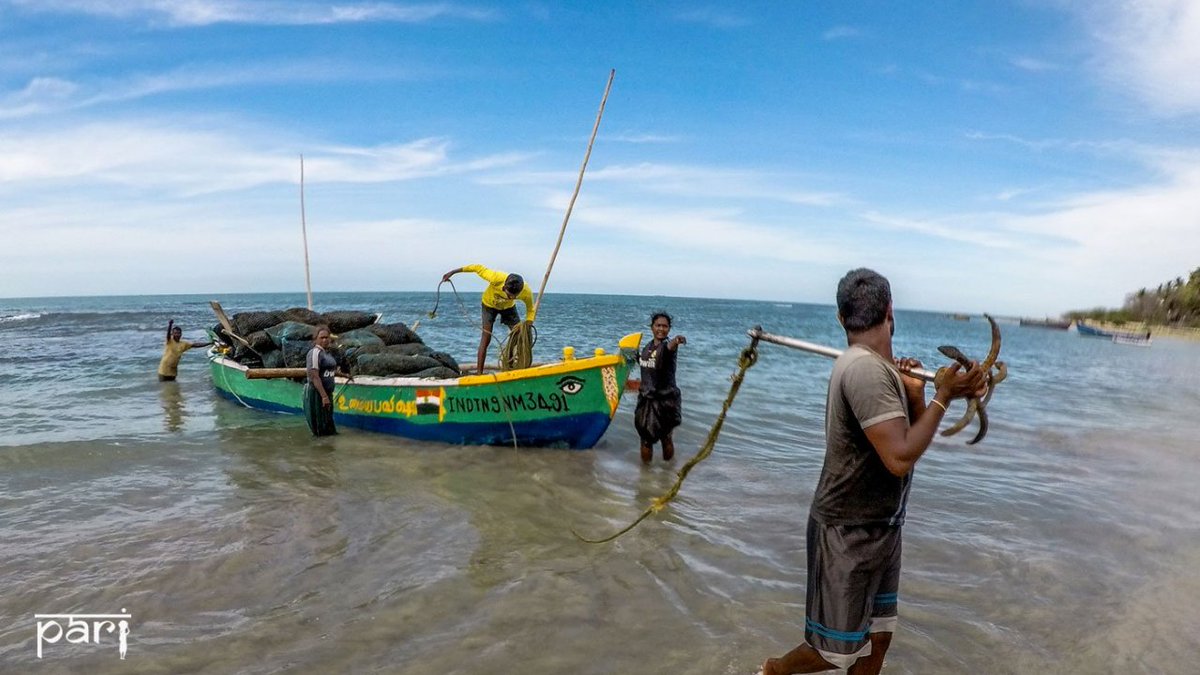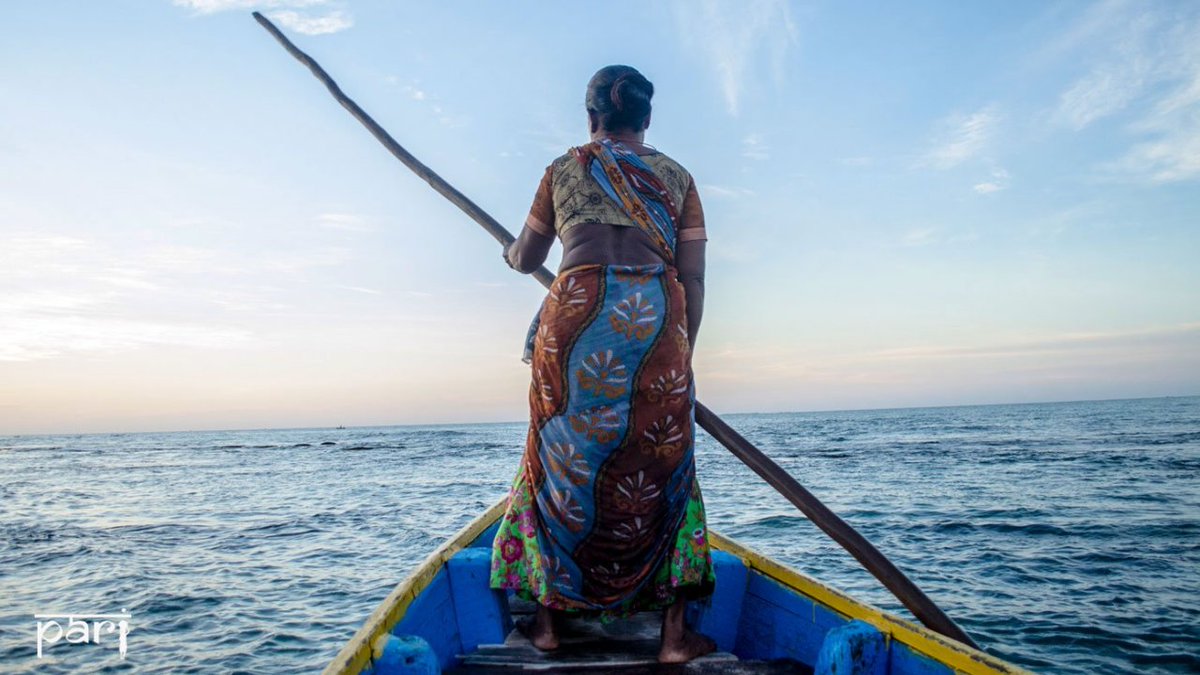
Perhaps in our rush to make them global citizens, we have alienated them from their own history and geography. We need to expose our students to the rest-of-India, get them to engage with the wider world around them – that of rural India where 800 million people live and work 

Why don’t we know more about them and why are their stories of resilience and unique skills not mandatory learning? 

The lessons taught are selective in approach. Regular media only reinforces either barbaric or exotic stereotypes of rural India and doesn’t look further. 

As educators, we are in danger of grooming a generation of Indians who are far removed from problems in their immediate surroundings, oblivious to social and ethical questions and detached from the growing inequalities around us. 

If we are to change this, we need to give them the tools and information to question stereotypes and think critically beyond their textbooks. 

PARI Education addresses these issues, informs,
and hopefully, bring a positive change. We have reached over 60 institutions across India.
Get in touch with us: pari.education/contact-us
and hopefully, bring a positive change. We have reached over 60 institutions across India.
Get in touch with us: pari.education/contact-us
• • •
Missing some Tweet in this thread? You can try to
force a refresh

















